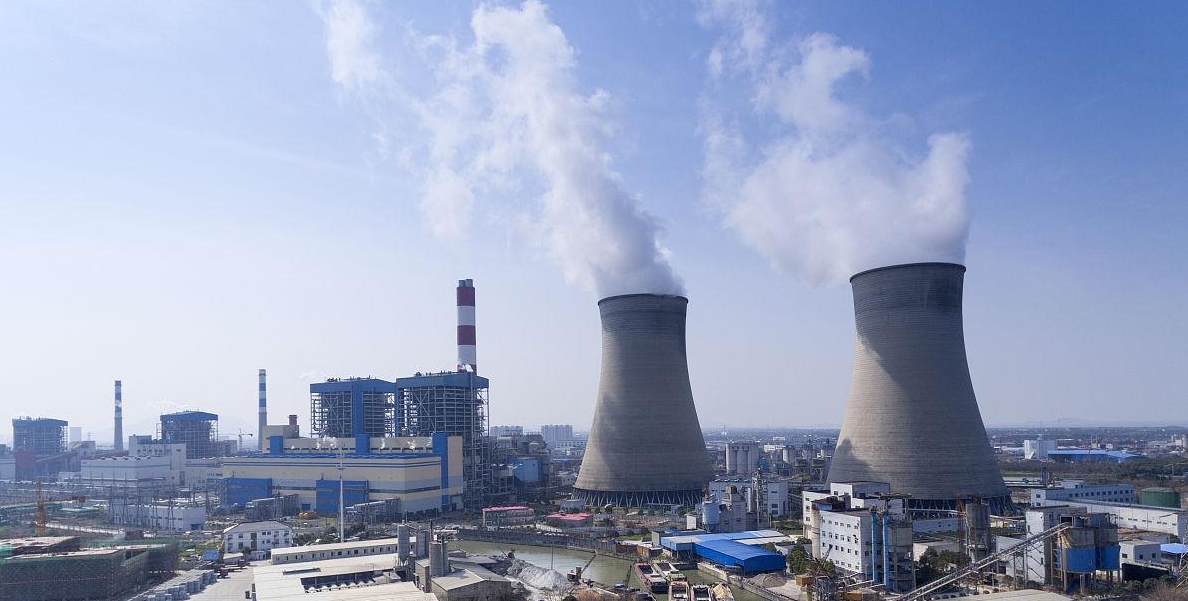The power plants with coal-based generation are projected to have capacity of 240 MW in Kokshetau, 360 MW in Semey, and 560 MW in Ust-Kamenogorsk.
"The project is facing challenges primarily owing to the reluctance of international financial institutions to support coal-based generation. Consequently, the Ministry is planning to sign a memorandum with Russian partners, specifically Inter RAO-Export, to move forward with these projects," the Energy Ministry said.
The feasibility study for a TPP in Kokshetau city estimated the project cost at 389 billion tenge, including VAT. The power plant will have electrical capacity of 240 MW and thermal capacity of 520 Gcal/hour. In order to accommodate the city's future gasification, the plan includes installing mixed-fuel pulverized coal boilers with the flexibility to convert to natural gas.
The CHPP-2 in Ust-Kamenogorsk, designed to run on solid fuel, will be constructed on the city's left bank to supply heat to the right bank. In order to facilitate this, a heating main pipeline will be extended across the Irtysh River. The feasibility study for the thermal power plant is scheduled for 2024.
The Construction of CHPP-3 in Semey is currently in the process of developing a feasibility study. The timeline for completing the feasibility study and obtaining a state expert opinion is December 2023.
On November 9, the energy ministers of Kazakhstan and Russia, Almasadam Satkaliyev and Nikolai Shulginov, signed a memorandum of cooperation during President Vladimir Putin's official visit to Kazakhstan. According to Deputy Prime Minister Roman Sklyar, Russia will construct a TPP from start to finish as part of this agreement.
